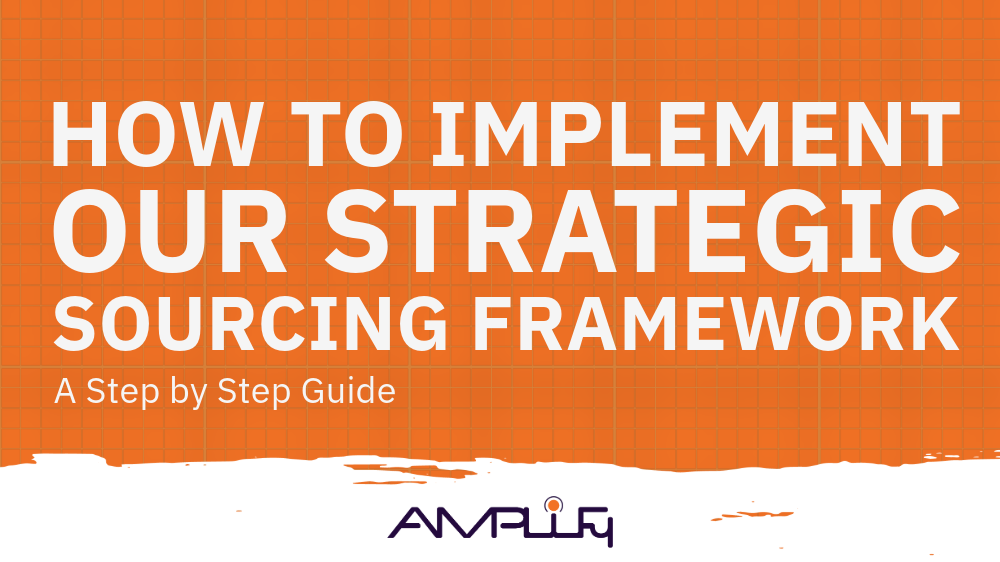Business Karma: The Long Game That Pays Off
Business Karma: The Long Game that Pays Off
We’ve all heard about karma. I’ve heard about it at least a million times, 999,000 of which were from my daughter blasting Taylor Swift’s Karma. And while I’m not here to talk about how karma is a cat and it’s lounging on your lap (cool concept, but I’m more of a dog person), I am here to talk about karma as it relates to business.
“Do good and good will come back to you.”
You’ve likely heard this before, but does it apply to how your company operates? Absolutely. Business karma is real, and it’s powerful. Success in business is a long game, and if you're committed to helping others succeed—whether it’s clients, employees, or partners—then by the karmic law, you’re setting yourself up for success too.
Let me illustrate this with a story.
The Rise of Joe’s Construction Company
Let’s look at a story about Joe, who owns a local construction company. Joe’s not the cheapest contractor in town, but he’s booked months in advance. Why? Because Joe’s been playing the long game.
Joe goes above and beyond for every client. He gives free advice and does minor repairs without charging extra. He invests in his employees by paying them well and offering training. Joe is also active in his community, always showing up to help after a storm or a natural disaster.
The result? Joe’s business has a stellar reputation. His clients trust him, his employees are loyal, and even when the economy tanked, Joe’s company barely felt the impact because of the goodwill he built over the years.
Business is a Marathon, Not a Sprint
Now, I’m not saying you need to be a saint in the business world, nor am I suggesting we all hold hands and sing Kumbaya (most of your know thats not my style). But understanding that your actions have consequences—both immediate and long-term—is critical. The way you treat clients, partners, employees, and competitors creates a karmic footprint in the business ecosystem. And just like a carbon footprint, it's something you want to manage carefully.
How to Build Good Business Karma
Creating good business karma isn’t rocket science, but it does require empathy, integrity, and consistency. Here’s how you can do it:
- Walk a mile in their shoes: Empathy is key. Whether it’s a client, an employee, or a competitor, try to understand their position. You never know the challenges someone else is facing, and showing compassion builds lasting relationships.
- Deliver on your promises: If you say you’re going to do something, follow through. If something changes and you can’t deliver, own up to it immediately. Your reputation depends on your ability to do what you say.
- Treat employees like assets, not expenses: Employees are the backbone of your business. Invest in their growth, recognize their contributions, and show them that you value their work. When tough times come, they’ll have your back.
- Be a problem-solver, not a product pusher: Instead of focusing solely on selling your product, focus on solving your client’s problems—even if that means recommending a competitor’s solution. It might seem counterintuitive, but clients will remember your honesty and come back to you in the long run.
- Compete hard, but clean: Compete based on the quality of your offering, not by bad-mouthing your competitors or using underhanded tactics. Winning with integrity earns respect and builds trust.
- Give more than you take: Whether it’s sharing knowledge, mentoring others, or supporting your community, giving creates a ripple effect of goodwill. It’s not just good PR—it’s good karma, and it pays off.
How Does Business Karma Translate to Success?
At this point, you might be wondering: how does “good karma” show up on the balance sheet?
Here’s the thing—building good business karma is like making small deposits into a karmic savings account. Over time, those deposits compound. Loyal clients lead to repeat business. Happy employees mean higher productivity and lower turnover. And being a trusted partner makes your business more resilient when times get tough.
But this isn’t just about soft benefits. Companies that build strong reputations for integrity and fairness often experience tangible outcomes—better client retention, stronger partnerships, and long-term profitability.
How Can You Improve Your Business Karma?
So how’s your business karma looking right now? Take a moment to reflect on these key areas:
- As a company: Are you only focused on quarterly profits, or are you also thinking about your impact on employees, customers, and the community?
- In your community: Are you giving back as much as you’re taking?
- As a leader: Are you developing your team and creating opportunities for others to succeed?
Every interaction is an opportunity to make a deposit or withdrawal from your karmic account. And just like compound interest, those small actions accumulate over time, shaping the future of your business.
How We Can Help
I truly believe that all of us at Amplify believe in the power of good business karma. We work with businesses to embed these principles into our day to day operations—whether it’s improving client relationships, fostering employee engagement, or developing long-term partnerships that build trust and deliver value.
By aligning our business practices with the principles of integrity, empathy, and value creation, we help you play the long game—setting you up for sustained success, not just the next quarter’s earnings.
Ready to Invest in Your Karmic Capital?
The beautiful thing about business karma is that it’s never too late to change your balance. Every decision you make today is an opportunity to set yourself up for future success. Are you ready to start building your karmic capital?




